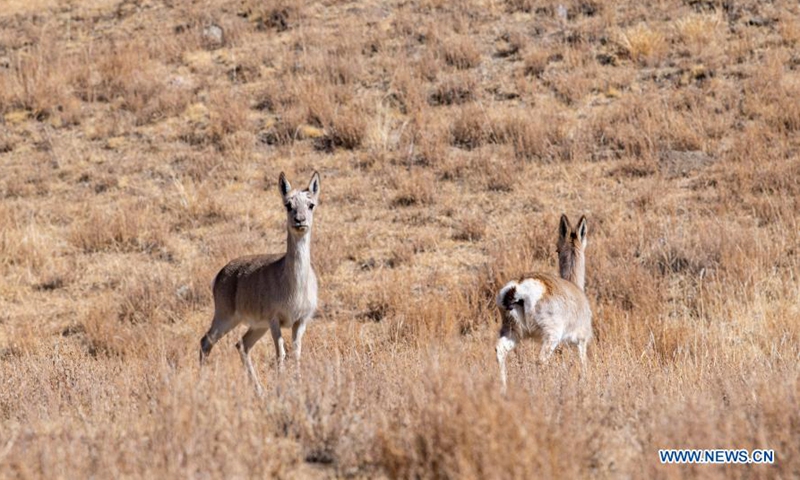The China Wildlife Conservation Association (CWCA) appealed to the public to say no to wild animal consumption in a proposal it released on Wednesday to encourage people to spend the upcoming Spring Festival holidays which starts on Thursday in a healthy and civilized way.
Reunion dinners with family or friends are an important part of Chinese Lunar New Year. The CWCA called on people to refuse illegal hunting, trading and eating of wild animals, and to maintain a certain distance from wild animals.
It also encouraged people to report to authorities if they discover wild animals in need of help or illegal activities related to the trade of wild animals.
China’s top legislative body passed a legislature on February 24, 2020, to thoroughly ban the illegal wildlife trade and eliminate the consumption of wild animals in China, stipulating that violators of the Wildlife Protection Law shall be given harsher punishment and face crackdowns and stricter monitoring.
In some regions, wild animals like snakes, wild boars, civet cats used to be served at some restaurants. China has been carrying out continuous efforts on wild animal protection, cracking down on illegal wildlife trade and working to eliminate the habit of indiscriminately consuming wildlife through legislation and a nationwide campaign since the start of the COVID-19 outbreak.
A nationwide campaign to help farmers close wildlife breeding farms also kicked off after the National Forestry and Grassland Administration announced on February 27, 2020 that all venues where wild animals are artificially bred should be closed and quarantined, and the trade and transportation of wild animals should stop.
The administration also announced in October 2020 that the breeding of 45 kinds of wild animals — including bamboo rats, masked palm civets and porcupines, would be banned and asked local authorities to help farmers stop breeding by the end of 2020 and transition to other industries.
In its latest move, China made the first systematic update of its wild animal protection catalog in 32 years on February 5, which put 516 more species of wild animals, including the large-spotted civet cat and wolf, under state-level protection.
Photo taken on Jan. 10, 2021 shows Tibetan gazelles by the Yamzbog Yumco Lake in Shannan, southwest China’s Tibet Autonomous Region. The population of wild animals that inhabit and breed by the lake increased year by year thanks to efforts of environmental protection. (Xinhua/Sun Fei)



